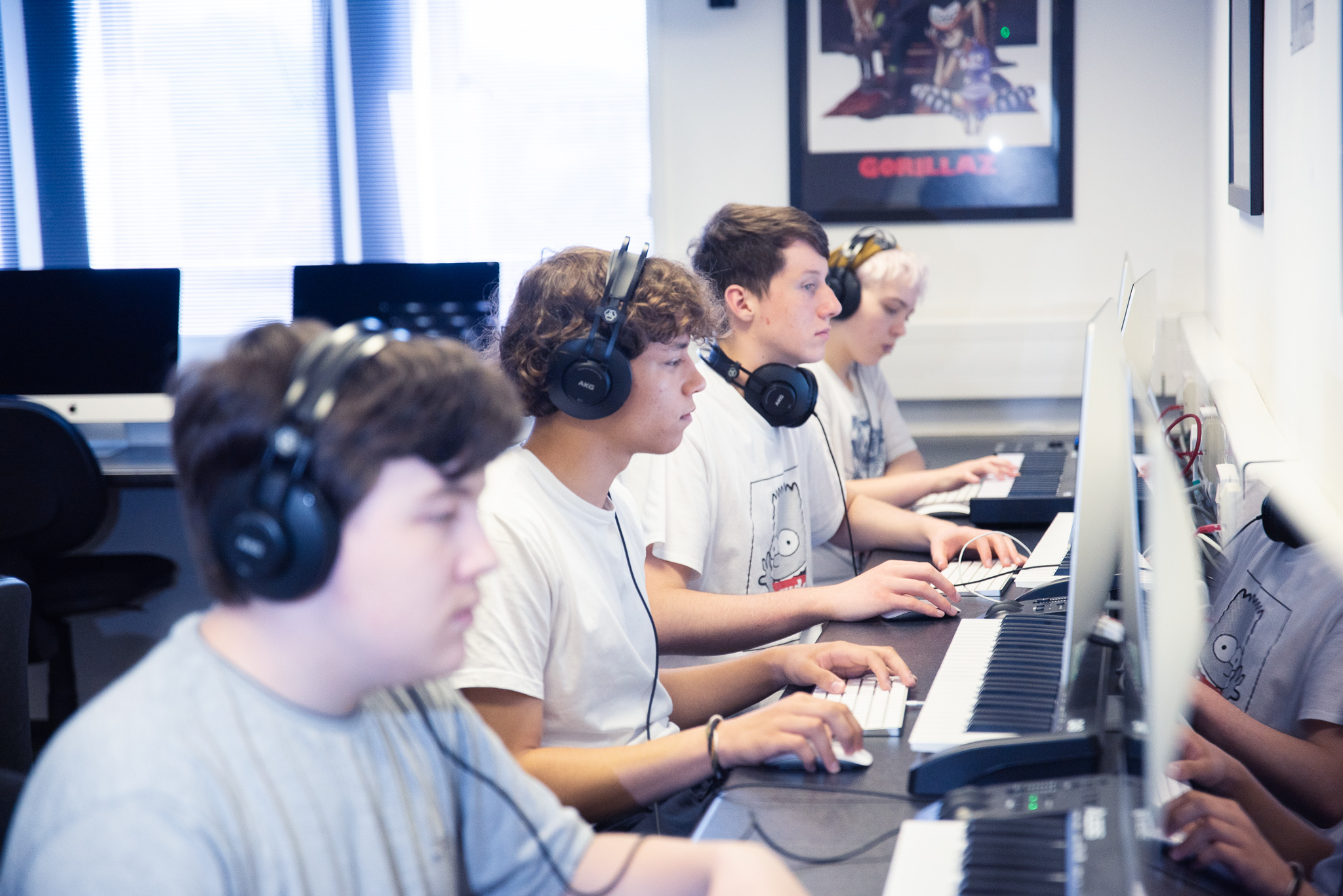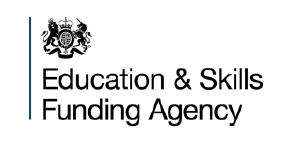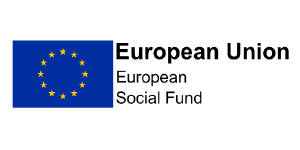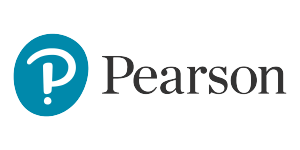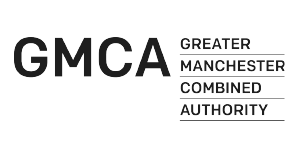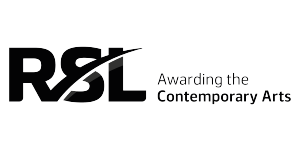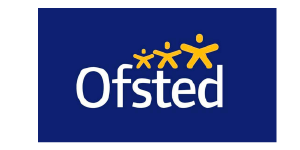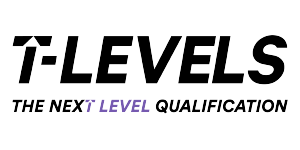This article gives an overview of the further education qualification levels, mostly focusing on Level 2, Level 3, and Level 4 courses.
Understanding the different levels of further education qualifications can help you make informed decisions about your potential career path. Here is a breakdown.
Overview of Further Education Qualification Levels

Further education (FE) refers to education which occurs after compulsory secondary education, but is not part of a higher education (HE) degree course. FE qualifications help bridge the gap between secondary education and higher education or employment, providing essential skills and knowledge.
What are Level 2 qualifications?
A Level 2 qualification is an intermediate level of education, typically equivalent to GCSE grades A*-C or 9-4 in the UK. These qualifications provide foundational knowledge and skills in a specific subject area, preparing students for further education or entry-level employment.
A common example of a Level 2 qualifications include GCSEs, NVQs (National Vocational Qualifications), RSL diploma, and BTEC Firsts. Achieving a Level 2 qualification can improve a student’s prospects and they are usually taken by students aged 14-16, but are also available to adults.
Unique Features:
- Offers foundational knowledge and skills.
- Often required for entry into a Level 3 qualification or apprenticeship.
- Includes GCSE subjects such as English and Maths, which are essential for many career paths.
Career Options:
- Entry-level positions in various industries.
- Apprenticeships and traineeships.
Examples of Level 2 Courses:
- GCSEs
- NVQ Level 2
- BTEC Firsts
- RSL diplomas
What are Level 3 Qualifications?
A Level 3 qualification is an advanced level of education, equivalent to A-Levels in the UK. These qualifications provide students with in-depth knowledge and skills in specific subject areas, preparing themmaking them well-prepared for higher education or professional careers.
Examples of Level 3 qualifications include A-Levels, BTEC Nationals, RSL courses, and the NVQ Level 3.
Achieving a Level 3 qualification can improve a student’s earning potential and employment prospects. This level of qualification is typically taken by students aged 16-19. They are broadly equivalent to A-levels and provide a more in-depth understanding of a subject area.
Unique Features:
- Prepare students for higher education or skilled employment.
- Can be specialised, focusing on specific vocational or academic subjects.
- Often used as a stepping stone to university or higher apprenticeships.
Career Options:
- Entry into higher education (e.g. university).
- Higher apprenticeships or more advanced training positions.
- Direct entry into skilled employment.
Examples of Level 3 Courses:
- A-levels
- BTEC Nationals
- NVQ Level 3
- RSL diploma
What are Level 4 Qualifications?
A Level 4 qualification is an advanced FE course that typically corresponds to the first year of a university degree in the UK. These qualifications offer specialised knowledge and professional skills in specific fields, positioning students for higher-level career opportunities or further education. Examples include Higher National Certificates (HNCs), Certificates of Higher Education (CertHE), RSL diplomas and other professional diplomas.
Level 4 qualifications are typically taken by students who have completed Level 3 courses. They are equivalent to the first year of a bachelor’s degree.
Unique Features:
- Provide specialised knowledge and skills in a specific field.
- This can lead directly to employment or further study at higher education institutions.
- Often more practical and career-focused than traditional academic qualifications.
Career Options:
- Advanced technical positions.
- Entry into higher education at a more advanced level (e.g. second year of a bachelor’s degree).
- Higher-level apprenticeships.
Examples of Level 4 Courses:
- Higher National Certificate (HNC)
- NVQ Level 4
- Diploma in Professional Studies
- RSL diploma
Higher Education vs. Further Education
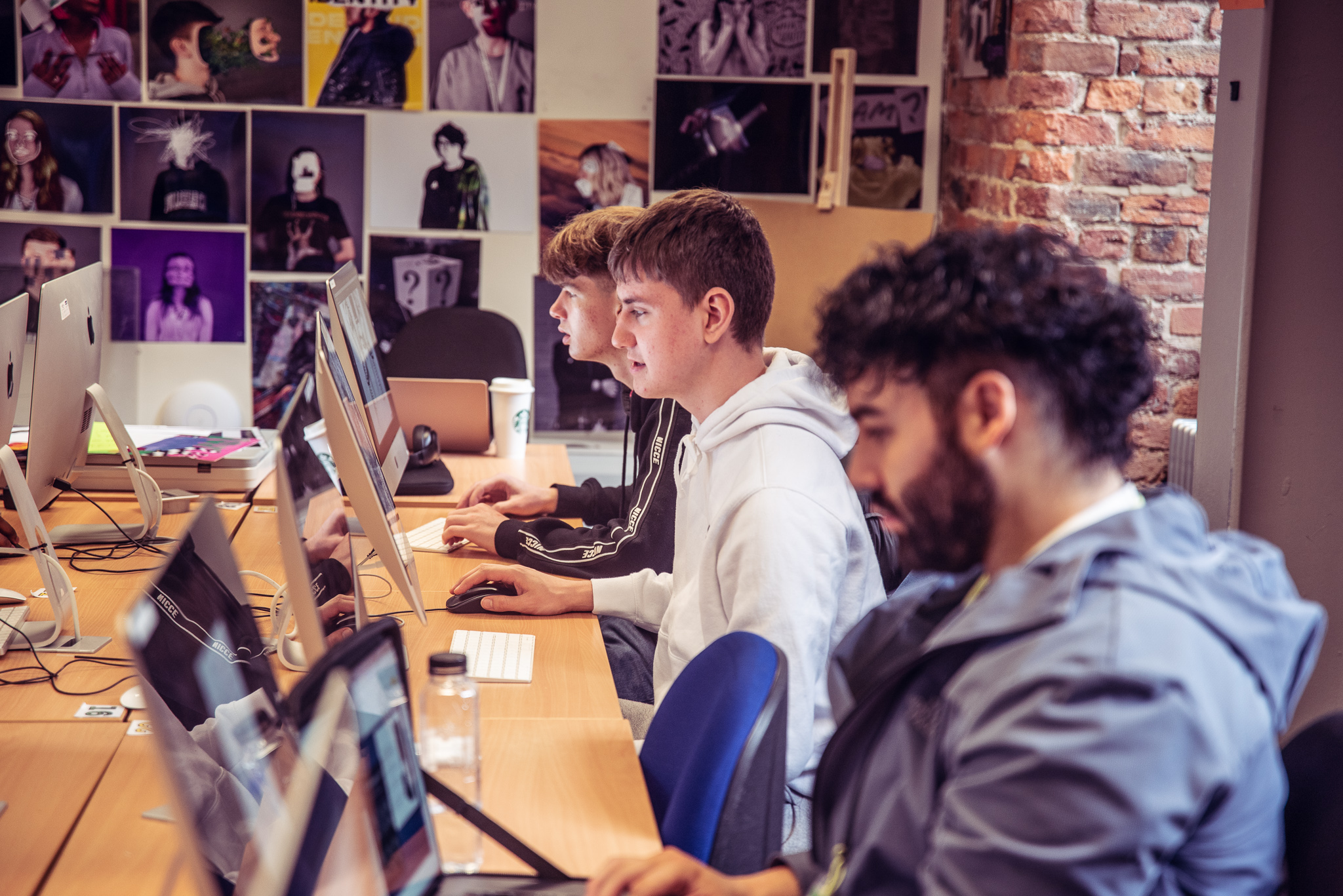
Higher education typically refers to undergraduate and postgraduate study that takes place at universities, leading to degrees such as bachelor’s, master’s, and doctorate.
Further education, on the other hand, refers to any study after compulsory secondary education that is not part of the higher education system, including vocational training and qualifications such as A-levels, RSLs and BTECs. Further education usually takes place within a 6th form or college.
While higher education often aims to provide a broader academic perspective, further education is usually more focused on practical skills and immediate employability.
Higher Education definition:
- Refers to education beyond Level 3, primarily delivered by universities.
- Includes bachelor’s degrees, master’s degrees, and doctorates.
- Focuses on academic and professional studies.
Further Education definition:
- Takes place after secondary education but before or alongside HE.
- Includes Levels 1-4 and sometimes up to Level 6 for vocational qualifications.
- Provides both academic and vocational training.
- Often takes place within a 6th form or college.
Explore Level 2, 3, and 4 Courses at Access Creative College
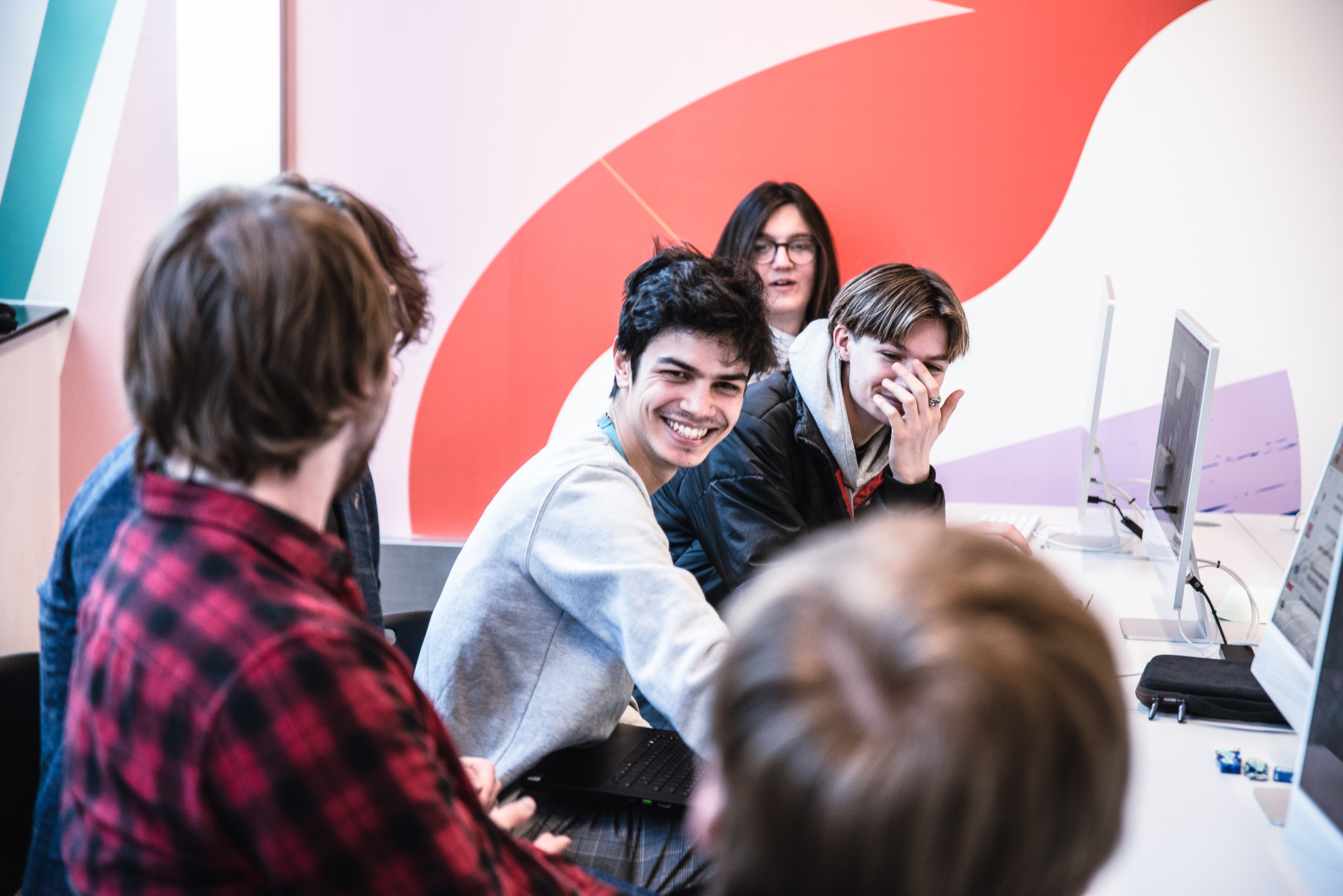
Here at Access Creative College we stand out as a unique further education learning environment due to our industry-led approach and specialised focus on creative disciplines. Our college offers cutting-edge courses in areas such as Esports, Games, Media, Music, and Computing, ensuring that students gain practical skills directly relevant to their chosen fields.
By partnering with leading industry bodies like Rockschool, we design our own up-to-date and relevant qualifications, helping students stay ahead in the competitive creative sector.
We provide a refreshing alternative to traditional education settings, creating a supportive and dynamic atmosphere that encourages creativity and innovation. This combination of industry alignment, modern curriculum design, and an engaging learning environment uniquely positions us as an ideal destination for aspiring creatives.
Here’s what makes us unique:
- Industry Connections: Strong links with industry professionals provide students with real-world insights and opportunities.
- Creative Environment: A vibrant and supportive learning environment fosters creativity and talent.
- Hands-On Learning: Practical learning experiences prepare students for careers in the creative industries.
Browse our further education courses today:
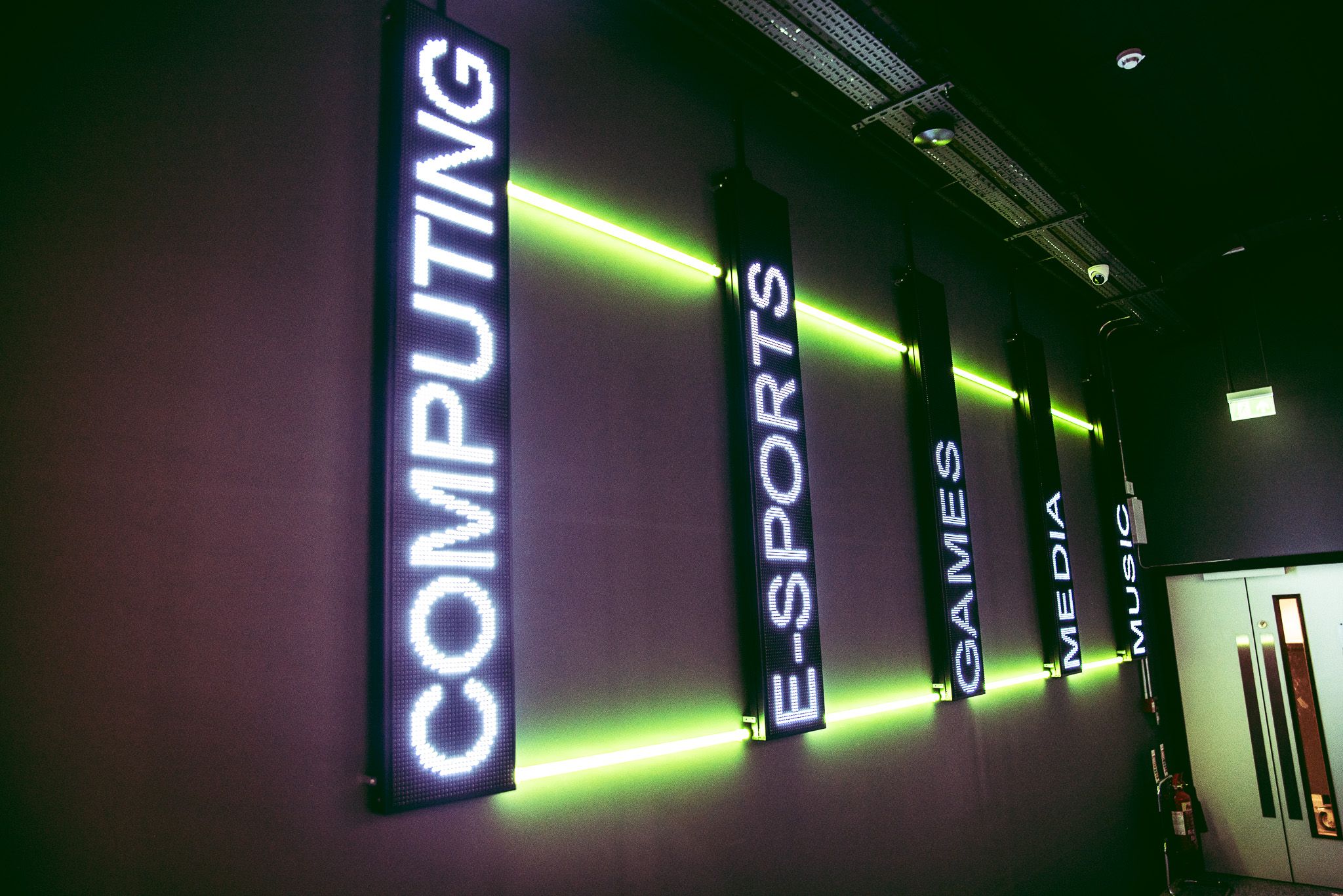
- Level 2 Courses: Foundational courses in creative subjects, designed to build essential skills.
- Level 3 Courses: Advanced courses in subjects like music, media, and gaming, preparing students for higher education or careers in their chosen fields.
- Level 4 Courses: Specialised courses offering in-depth knowledge and practical skills for advanced career opportunities.
Understanding further education qualification levels is crucial for making informed decisions about your educational and career journey. From foundational Level 2 courses to advanced Level 4 qualifications, each level offers unique opportunities and pathways.
Whether you’re a student, career professional, school leaver, or parent, we hope this guide has clarified the various further education qualification levels and how they can benefit you.
For those looking to pursue a creative career, consider exploring the diverse and dynamic courses offered by us here at Access Creative College. Apply online for a course today!



